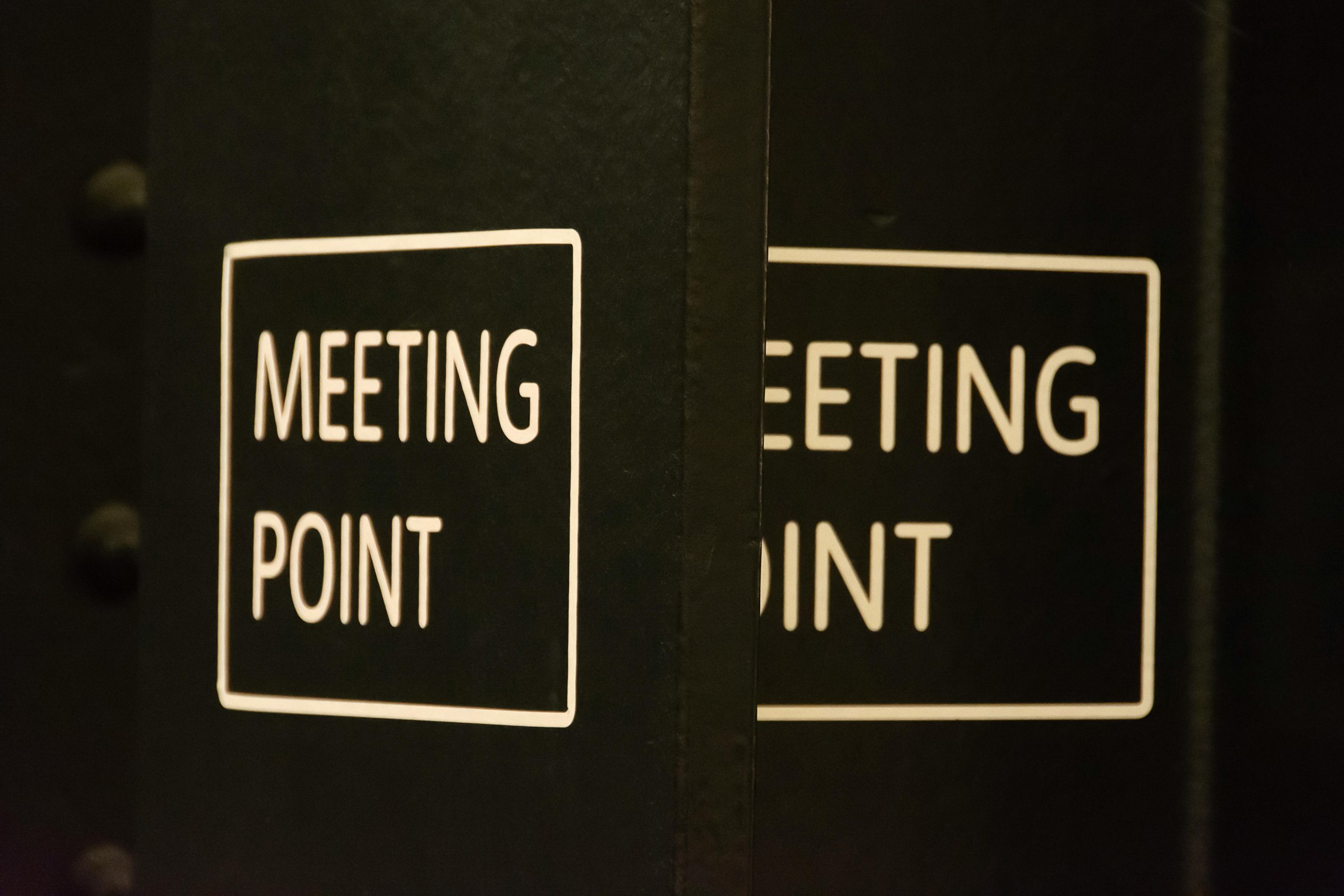Is it time to stop believing that organizations like OpenAI truly serve humanity’s best interests and instead recognize their pursuits are primarily driven by profit?
The Hidden Truth Behind AI Industry Claims: Profit Over Humanity
In recent years, there’s been a recurring narrative around artificial intelligence that many of us have grown increasingly skeptical of. Companies like OpenAI, and others in the AI sector, often promote their advancements as efforts aimed at benefiting humanity—claiming their technologies will cure major diseases, combat climate change, and solve global crises. However, it’s important to critically examine these assertions and ask: Are these really the primary motives, or is something else at play?
Much of the messaging from these corporations resembles familiar attempts by other entities to mask their true intentions. Similar to political rhetoric used to justify territorial conquest—where grandstanding about protecting minorities is often a front for territorial ambitions—the AI industry frequently frames its innovations as altruistic, when in reality their primary goal appears to be lucrative profit.
Many companies tout themselves as non-profit or driven by humanity’s best interests, suggesting that their goal is to enhance quality of life and address enormous global challenges. They often promise a future where money becomes irrelevant—what many call a “post-scarcity society.” Yet, the reality is different. The core focus of these corporations continually circles back to monetization: maximizing revenue, expanding market share, and creating shareholder value.
Historically, organizations like OpenAI initially prioritized responsible development, safety protocols, and thorough research. Dedicated teams worked diligently to ensure AI was developed responsibly, minimizing risks and negative impacts. However, as breakthroughs emerged—particularly the scaling of large language models—attention shifted. Companies began to prioritize deploying enormous AI systems that could be monetized quickly, often at the expense of safety and transparency.
The decision to ramp up model sizes and data ingestion was driven not by a desire to solve humanity’s biggest problems but by the potential for massive profits. Safety teams were gradually sidelined or disbanded, and research became more secretive and proprietary, reinforcing an agenda focused on monetization rather than societal benefit.
One of the most telling signs of this shift is the industry’s emphasis on replacing human labor with AI—streamlining operations and reducing costs. While this offers short-term gains for corporations, it often comes at the enormous expense of workers who lose jobs—sometimes outright, sometimes through job displacement—without adequate safeguards or alternatives. The broader societal impact is profound, as millions face unemployment, and future generations risk living in a world where AI-driven automation deepens economic inequalities.
In essence, the lucrative allure of AI lies in its profitability potential, not necessarily in its














Post Comment